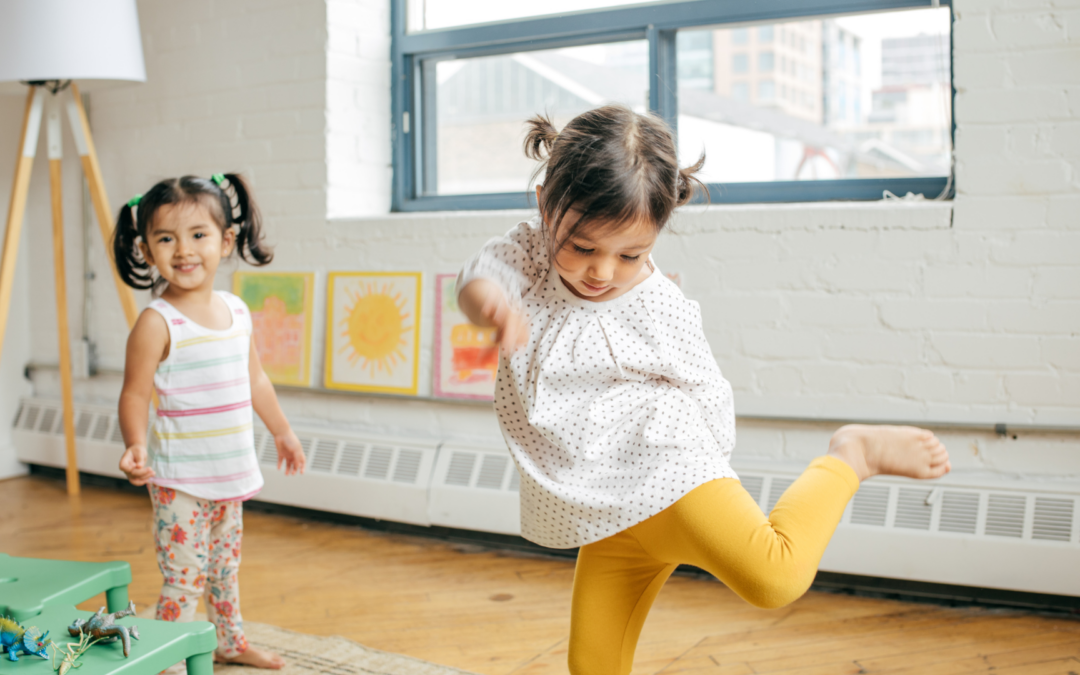What is mindfulness for children? Mindfulness for children is a practice that helps them to be present in the moment, focus on their thoughts and feelings, and improve their overall well-being.
Incorporating mindfulness into your child’s daily routine can positively impact their mental, emotional, and physical well-being. It’s never too early to start teaching mindfulness, so here are five ways you can introduce mindfulness to your children:
Breathing exercises
Teach children how to take deep breaths by inhaling through their nose and exhaling through their mouth, use a visual aid like a balloon to help them understand how to take deep breaths. This simple technique can help them calm down and manage their emotions.
Mindful movement
Introduce yoga, dancing, or other mindful movement activities. You can guide them through simple yoga poses, like tree pose or downward-facing dog, or put on some music and encourage them to move their bodies mindfully.
Sensory exploration
Encourage your child to explore their senses by using different textures and scents. You can create a sensory bin filled with materials like rice, beans, or sand, and add items with different textures, like feathers, pom-poms, or rocks.
Mindful storytelling
Read a story to your child and encourage them to pay attention to the present moment. After the story, ask them questions about the characters and plot, and encourage them to reflect on the story’s themes and lessons.
Gratitude practice
Encourage children to express gratitude for the people and things in their lives. You can create a gratitude jar and encourage them to add notes to it every day.
- Here is a link to a tutorial on creating your own gratitude jar.
- Here is a link to an article with tips for teaching gratitude to young children.
Remember that mindfulness is not a one-time practice, but an ongoing journey, so be consistent and patient in your approach and watch your little ones develop important life skills.
Looking for more tips? Here is a blog you might find helpful about supporting children to do hard things.


Recent Comments